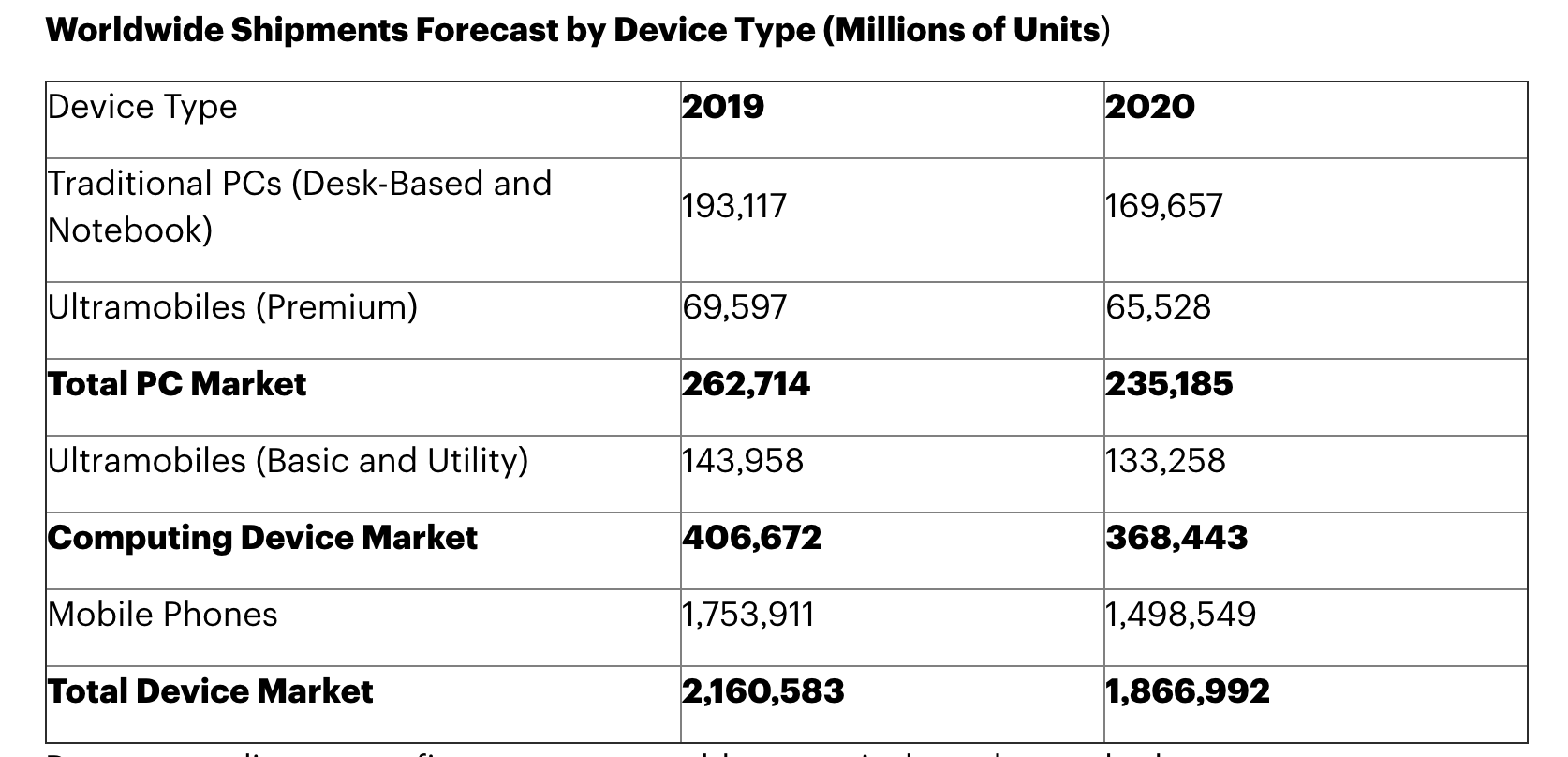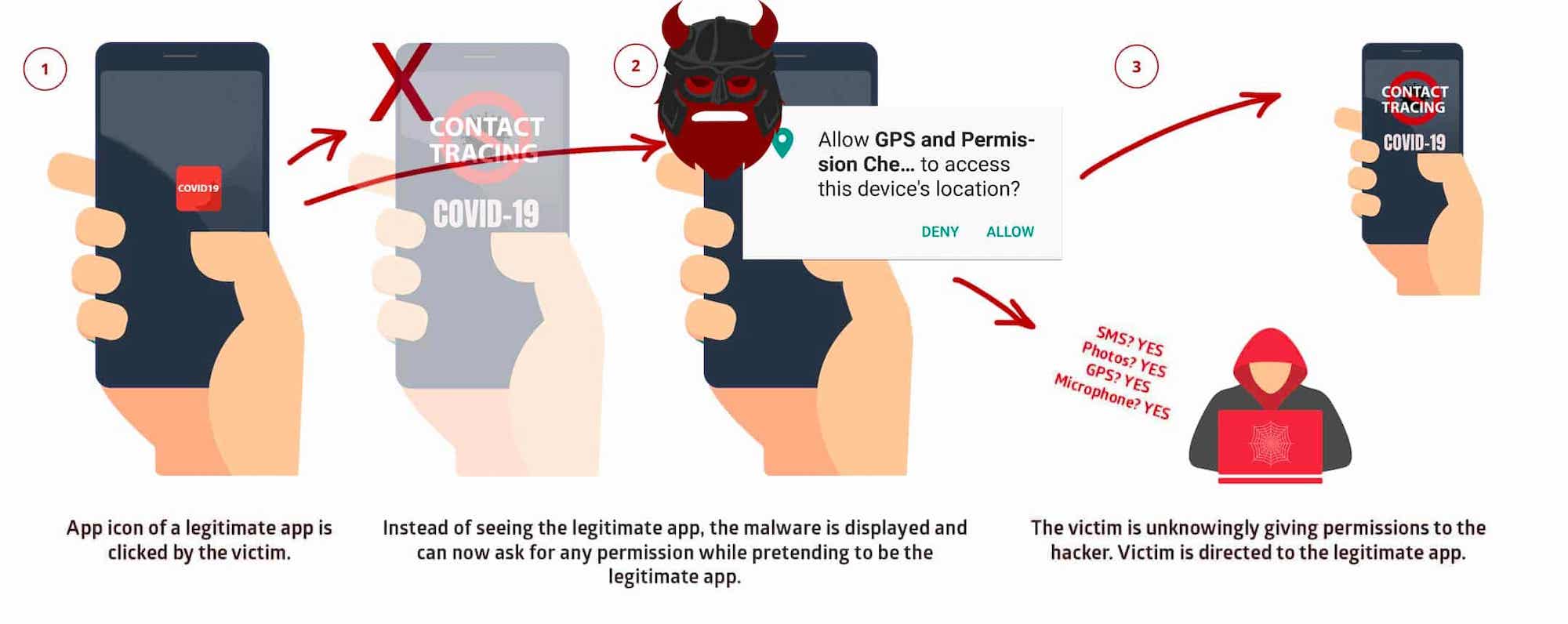Tax-advantaged benefits, like flexible spending accounts, can save employees in the United States thousands of dollars annually, and reduce the amount of payroll taxes companies pay. But those benefits are often underutilized, simply because they can be confusing to navigate. Benepass wants to make the process easier with a mobile app that centralizes all of an employee’s tax-advantaged accounts, and is linked to physical and virtual payment cards. The startup announced today that it has raised a $2.4 million seed round.
The funding was led by Gradient Ventures, Google’s AI-focused venture fund, with participation from Global Founders Capital, Y Combinator, Soma Capital, Amino Capital, AltalR and Elysium Ventures. It will be used on hiring, product development and customer acquisition. Benepass recently completed Y Combinator’s winter 2020 program.
Benepass was founded last year by CEO Jaclyn Chen, CTO Kabir Soorya and COO Mark Fischer. Part of its mission is enabling small- to medium-sized companies to offer benefit packages that can compete with ones at larger employers. In addition to its tools for tax-advantaged benefits, Benepass also enables clients to offer company stipends for perks like wellness programs.
In a statement, Gradient Ventures general partner Darian Shirazi said, “Quality employee benefits are essential in today’s economy to hire and retain the best teams, but most tools for distributing and managing these benefits are difficult to use, confusing and poorly designed. We’re excited to partner with the Benepass team as they reimagine the pre- and post-tax employee benefits product suite and automate the processes that maximize team health and well-being especially during this uncertain time.”
The COVID-19 pandemic has highlighted how important it is for companies to have flexibility when creating their benefits packages.Before the pandemic, Benepass was building additional features for commuter benefits, but is now focused on health and dependent care flexible savings accounts instead.
New legislation related to the crisis, including the Coronavirus Aid, Relief and Economic Security Act (CARES), have also impacted many benefits. For example, health flexible spending accounts can be used for more things, including over-the-counter medications, menstrual products and telehealth services, and mid-year changes to them are also now allowed.
In addition, many companies have also started redirecting budget originally used for in-office perks to help their employees set up home offices instead. Chen said Benepass was able to immediately adjust approvals for eligible spending.
Tax-advantaged benefits mean employees can set aside part of their paycheck, up to a certain amount, for health flexible and dependent care flexible spending accounts, student loan repayments, transportation and other programs. Companies can also contribute, and employee and company contributions are exempt from income and payroll taxes, respectively. But Chen told TechCrunch that the average employee currently deducts only about 3% of the total they are eligible for, meaning they are potentially missing out on thousands of dollars in savings.
Based on interviews done by the startup, Chen said low utilization is often because existing solutions are difficult to use, and there is little awareness or confusion about the benefits. For example, debit cards linked to pre-tax benefits are often denied, making employees less likely to use them again. Sometimes employees simply forget about their benefits, because their company’s intranet portals and expense software make them hard to navigate.
The combined work history of Benepass’ founding team include positions at Sidewalk Labs, Google X, Goldman Sachs and TPG Capital. Working for large companies meant they had generous benefit packages, but those were often tricky to navigate.
“There were intranet pages full of logos of benefits that we never used,” Chen said. “A lot of them were really great deals, but most of them didn’t really fit my individual needs.” Figuring out tax-advantaged benefits could also be a headache. For example, Chen lost a commuter card with money and couldn’t get it replaced because she didn’t have the right log-in information.
“None of these experiences made us particularly excited to continue engaging with benefits, and we were effectively leaving lots of money on the table,” Chen said.
But Benepass’ founders believed many of these issues could be solved with things that already familiar to most smartphone users, like mobile payments, digital sign-ups, push notification and reminders. “Benefits should be no different, but today tax-advantaged cards are woefully behind,” Chen added.
Benepass replaces outdated tools with its app, which makes it easier for employees to discover new benefits. The app also notifies them when a transaction is approved and keeps track of spending history. All benefits are managed through the same platform, so companies can see monthly analytics on employee engagement and utilization, and it also handles claims and compliance.
There is a growing roster of startups that want to make it easier for employees to take advantage of benefits. These include companies centered on flexible benefits like Zestful and Compt.
Benepass differentiates by focusing on tax-advantaged benefits, as well as company-funded stipends. Chen said Benepass took on tax-advantage benefits because “they are the only benefit that saves companies money immediately, through direct payroll savings, not ROI studies. They’re essential benefits for employees, so it’s a win-win.”
“We are unique in that we are a card-first product,” she added. “We think it provides a differentiated experience and enables us to have real-time feedback with the employee as they are purchasing their benefits. We are really focused on consumer education of their benefits, making sure onboarding is smooth and people really understand the selections that are right for them. We’re ultimately trying to solve a distribution and communications challenge within benefits and think our platform is uniquely positioned to do that.”





